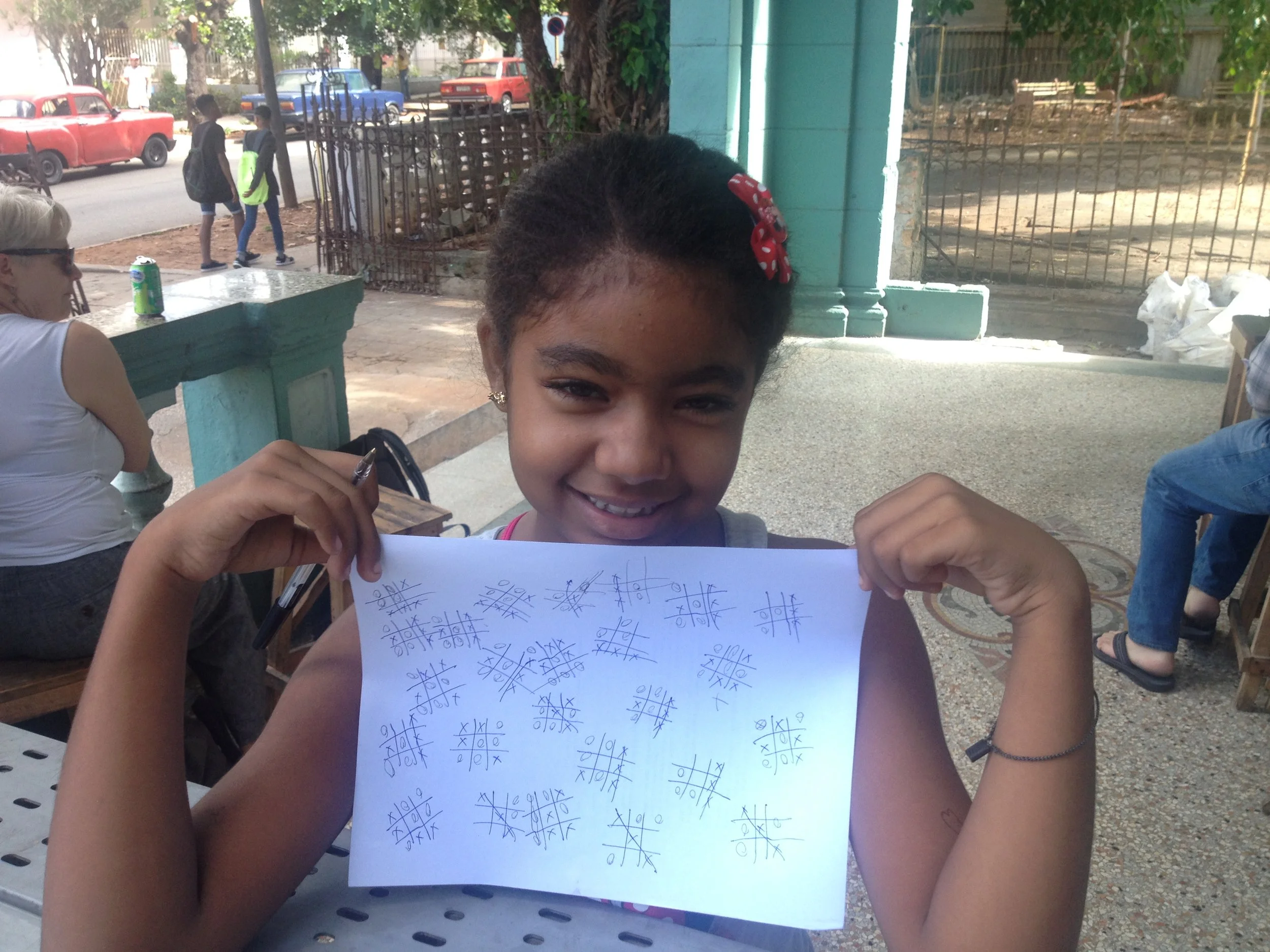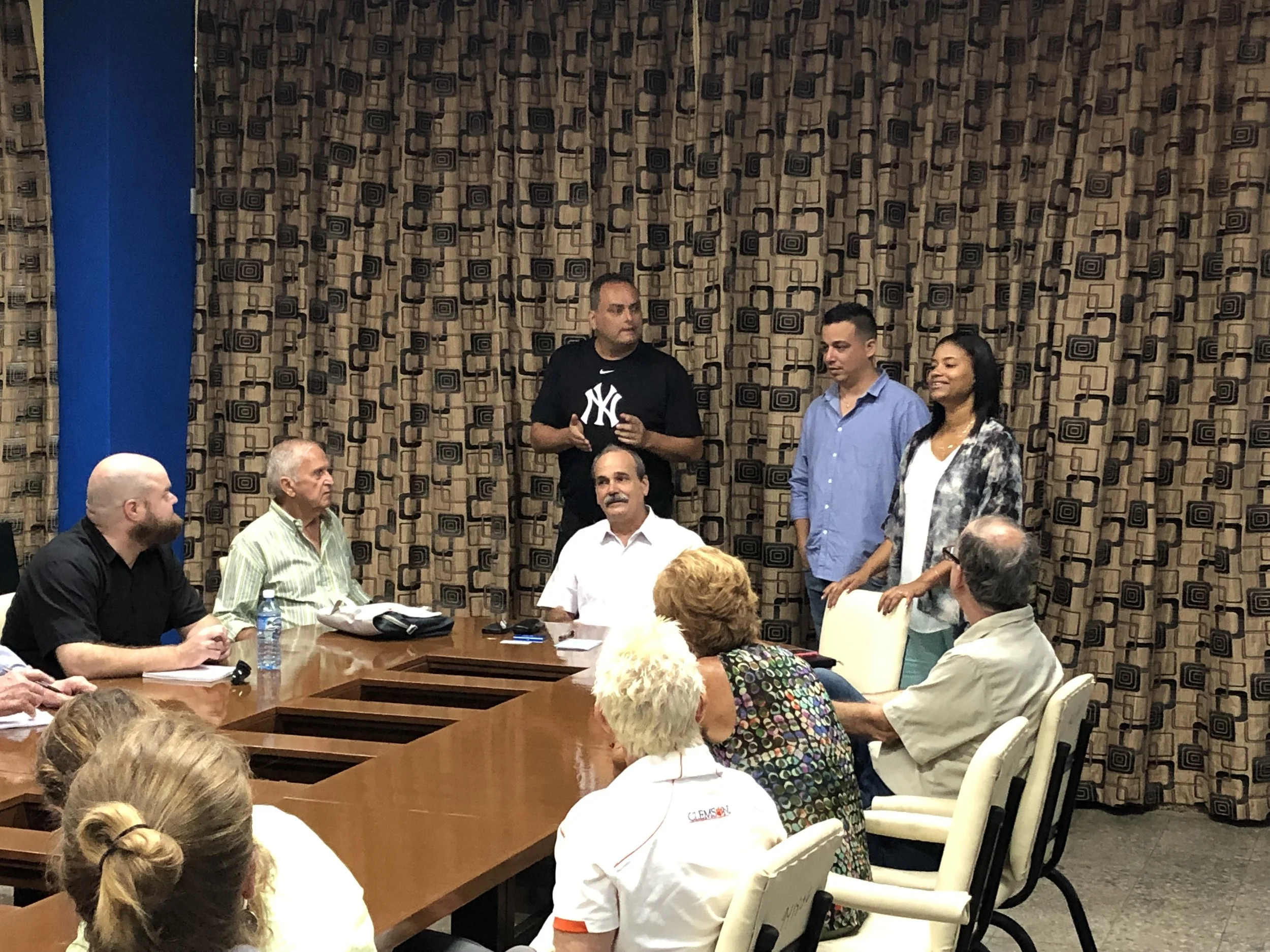I knew the minute I read the title “Dear Students, You Have Not Been Robbed” Op-Ed piece that Jennifer Senior wrote in the July 13, 2020 edition of The New York Times that I would not agree with most of it. And I was correct. I understand Ms. Senior’s intent with her article, but the thrust of its argument is a not-very-accurate perception of college students and college in general. Paraphrasing former Blackpool FC coach, Ian Holloway, “They are made of sand, but there’s concrete underneath,” (original quote: ‘Our castle was made of sand, but there’s concrete underneath.’), I would like to point out that we should not assume that all college-age students are panicked and lost young adults unable to comprehend and navigate the new Covid-19 world and helpless if they do not study on a college campus this fall. Having worked in international education for 20 years, I can say that most college students are tougher than people give them credit for.
But the real concern for me is the assertoric claim that on-campus education is passive and “useless”. Ms. Senior writes, somewhat belittlingly, that, “It’s easy to see what they will lose in this situation. The intoxicating pleasures of independence. The stimulation of late-night conversation about life, meaning, and the universe. The pure exhiliration (and relief) of finding your own kind.” I must ask: what about the engagements with inspiring professors, the experience of trying something new, interacting with new cultures, expanding horizons, studying abroad, developing new skills through internships, etc.? It was my time at Allegheny College that inspired me to take the career and life path I have chosen. During my freshman year in college, I was introduced to Richard Hofstatder by reading his book Anti-Intellectualism in American Life. I still have my copy of the book and much of Hofstatder’s writings are imbued in my philosophy toward education abroad. I will forever be grateful to Allegheny College for this introduction. This encounter could not have happened, nor could its impact on me have been so profound, if it had not been taught on campus. It was also at Allegheny College that took part in fencing and became a life-long fan of the sport, culminating in my participation in the Atlanta Summer Olympic Games of 1996 as a fencing volunteer, where I scored the gold medal women’s fencing match between Italy’s Valentina Vezzali and Romania’s Laura Badea (Badea won). It was also at Allegheny where I found my destiny: to work in the field of international education. I made friendships that I cherish to this day. None of these things would have happened if I were not on a college campus.
These days it is easy to malign colleges and universities, and with the tuition that some of these institutions of higher learning charge, I don’t blame some of the criticism. But for Ms. Senior to claim that many colleges are “cloistered, passive settings” and that “students are fed and housed, just as they were at home; their time and activities are structured, just as it was when they were still in high school,” is not fair. Colleges and universities are committed to internationalizing their campuses through study abroad and international students; there are often “theme” houses where students create communities around a shared academic or cultural interest; students take part in internships to develop skills vital to their future careers, etc. “Passive” is hardly the word I would use to describe college/university campuses. Had Ms. Senior done some more research, she would have seen that thought leaders in the field of international education, for example, are designing innovative ways to inspire and engage students in the pandemic era. Anthony Ogden, PhD and Celia Ogna of Gateway International have compiled a document, “Innovations in International Learning and Engagement for the Next Generation of Higher Education” that dispels the notion of passivity in the field and on most college campuses. Similarly, Brian Whalen, international education leadership fellow at the University of Albany, writes about the changes that international education will experience as a result of Covid-19. None of them involve being “passive” or “useless.” In fact, Whalen coined a term that will mostly like become du jour after the pandemic: “mobility of mind”. It will inspire dynamism, more innovation and proactivity.
The observations presented by Ogden, Ogna and Whalen directly refute Ms. Senior’s contention that “College may give them [students] wonderful opportunities to think, form relationships, and self-define. But it seldom gives them the chance to productively engage with the world.”
I could not disagree more and Ms. Senior’s argument reminds me of a quote by the French philosopher Frédéric Gros. In 2014 he wrote, “We are shackled by our own judgments.” This is yet another reason to emphasize the importance of college education.












